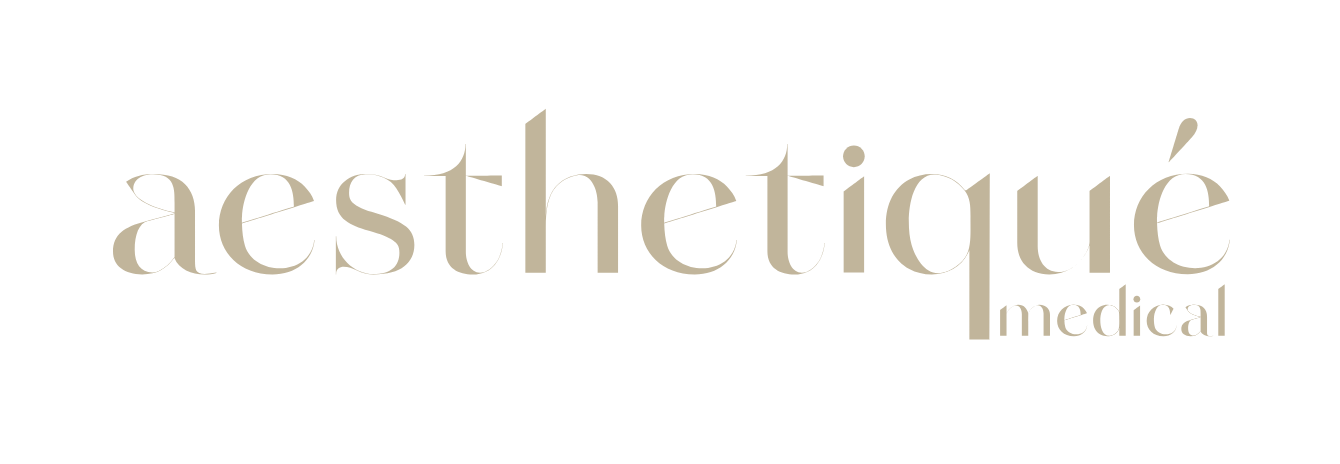Service Menu
Skin Needling
The Mechanism of Skin Needling
Skin needling, also known as microneedling or collagen induction therapy, is a skin rejuvenation treatment that involves creating controlled micro-injuries to the skin using fine needles. The process creates small punctures in the skin, which stimulates the skin's natural healing process and promotes the production of collagen and elastin. These proteins are essential for maintaining the skin's elasticity and youthful appearance.
The Indication
Skin needling is commonly used to address issues such as fine lines and wrinkles, acne scars, pigmentation, and uneven skin tone and texture.
The procedure has gained popularity in recent years due to its effectiveness, and minimal downtime. It is also considered a more cost effective option compared to some other rejuvenating treatments.
Key Benefits
- Reduces the appearance of scars
- Improves fine line and wrinkles
- Improves enlarged pores
- Smooths uneven skin tone
- Improves skin elasticity
- Can improve pigmentation
- Improves overall appearance of the skin
General Questions
How many treatments are required?
To achieve optimal results, a minimum of 3 treatments spaced four weeks apart is generally required, however your full treatment plan will be discussed during your consultation.
Overall, it is important to note that each patient is different and this will vary based on individual skin condition and desired outcomes. Some patients may need additional treatments to achieve better results.
Maintenance sessions will be required anywhere between 6-12 monthly to upkeep results.
What skin concerns are best treated with skin needling?
- Fine lines and wrinkles
- Signs of aging
- Skin laxity
- Scars
- Open pores
- Pigmentation
Are there any contraindications to receiving skin needling?
- Active skin infections or conditions such as eczema or psoriasis
- Have used isotretinoin (Accutane) within the past six months
- Are pregnant or breastfeeding
Am I a good candidate for Skin needling
Skin needling is generally a safe and effective treatment for most people, but it may not be suitable for everyone. Good candidates for skin needling include individuals who:
- Have fine lines, wrinkles, or acne scars
- Have hyperpigmentation or uneven skin texture
- Have mild to moderate skin laxity
- Are in good overall health
How long does it take to see results?
Collagen induction starts within 48 hours of treatment, which may cause your skin to feel tighter right away. The outcome of the treatment becomes more noticeable after 4-6 weeks and continues to enhance for 3-12 months.
How long will the results last?
Each person is unique in how they respond to skin needling. The duration of the results depends on two factors: the longevity of new collagen in your skin and the severity of your skin concerns. Skin needling effects are not permanent, but with the right maintenance program, they can be longer-lasting.
What can I expect during the treatment and how long does it take to complete?
As the skin needling device is moved around the face during the procedure, a warm and scratchy sensation is typically the most frequently reported sensation. In addition, you may experience some discomfort in areas of the face where it is more bonier like the forehead or contours of the cheeks.
Patients may opt to have topical numbing prior to the treatment to help with comfortability.
Typically, a skin needling session can be completed in 30-45 minutes, depending on the areas being treated.
What is the downtime?
After the treatment, patients may experience pinpoint bleeding, which settles quickly, as well as redness and minor discomfort. Mild swelling and redness may persist for a few days. Makeup is not to be worn for at least 24 hours post treatment.
What is the aftercare post skin needling?
- Avoid applying makeup for at least 24 hours after the procedure
- Use a gentle cleanser and tepid water to cleanse the treated area for the first 48 hours
- Avoid direct sunlight and use a broad-spectrum sunscreen with at least SPF 30 when going outside
- Do not use any exfoliating or abrasive products for at least one week after the procedure
- Avoid swimming pools, saunas, and strenuous exercise for 24-48 hours after the procedure
- Avoid alcohol-based skincare products for the first 24-48 hours
- Apply a soothing moisturiser to the treated area regularly to help with healing and peeling
It is recommended to follow the specific aftercare instructions provided by our team of professionals.
